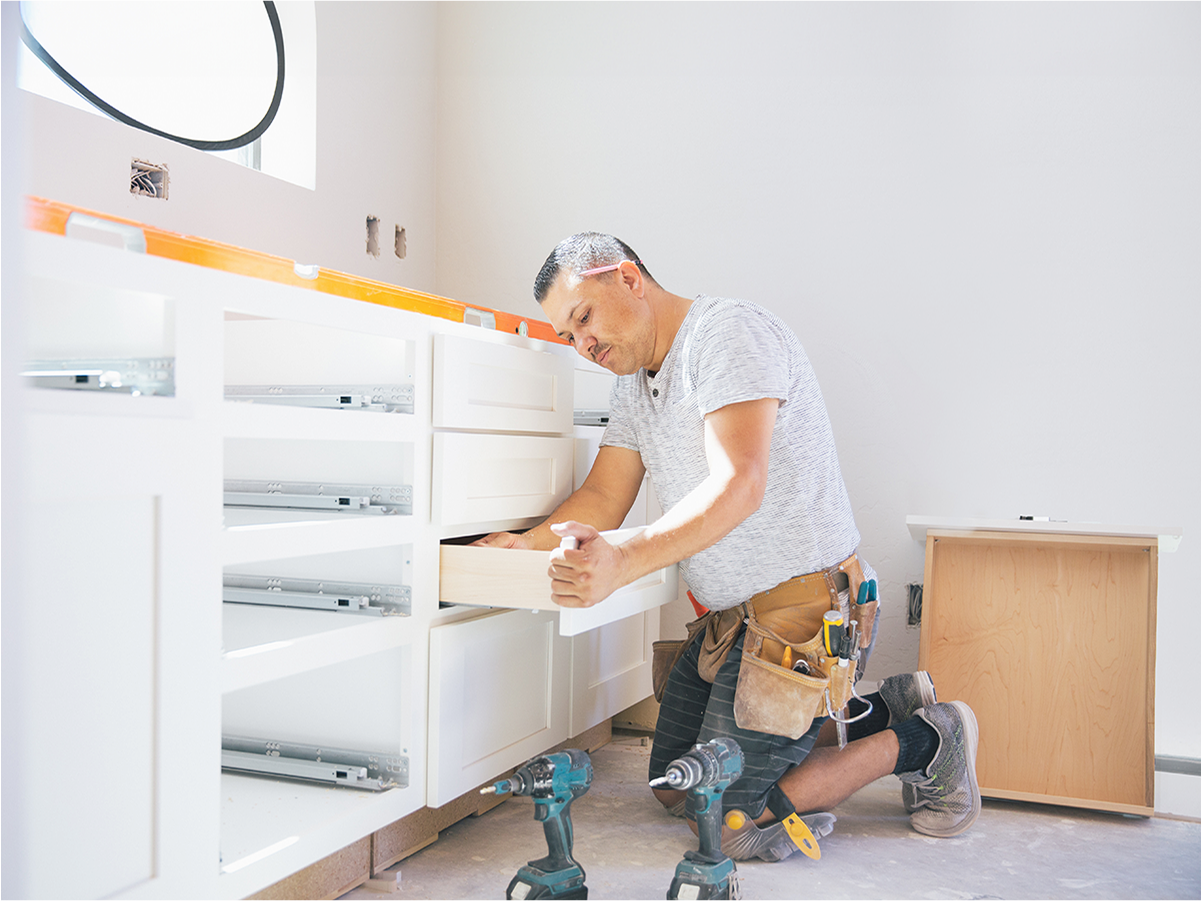
Published December 12, 2023
Calculate your home equity in 3 easy steps
As a homeowner, you’ve been building equity in your house since the day you closed on your mortgage. It’s a powerful feeling, especially knowing you can tap into your equity with a home equity loan or line of credit. They’re both smart ways to finance major expenses, but before you tap into your equity, you’ll need to know how much equity you have.
Here’s the home equity equation
Your equity is the portion of your home that you own. To calculate it, you subtract the amount you owe on your mortgage from your home’s current market value.
1. Estimate your home’s current value
The most reliable estimate of how much your home is worth today is obtained through a paid professional home appraiser. To get a less expensive or even free rough estimate, use an online home valuation estimator (available on most real estate company websites) or the Federal Housing Financing Agency’s House Price Calculator.
2. Confirm your mortgage balance
Review your latest mortgage statement or the account activity on your lender’s website to estimate how much you have left to pay on your mortgage. Contact your lender for an exact payoff.
3. Subtract your mortgage balance from your home’s value
Value of your home
- Mortgage balance
$ Equity
For example, if your house is appraised at $250,000 and you owe $100,000 on your mortgage, you have $150,000 in equity.
Increase your equity
With most loans, you build equity automatically with every mortgage payment you make; because with every payment you make, a portion goes towards the principal balance of your loan. Your equity also grows when the value of your home goes up or appreciates. For example, if the property value increased say, 3% a year, a house that was appraised at $250,000 last year would be worth $257,500 now. Using the example above, you would now have $157,500 in equity.
Put it to work
When you build equity, you’re building wealth. At Community Bank, you can put that wealth to work with a home equity loan or line of credit. With competitive rates and flexible features, they’re both excellent ways to finance major expenses, but they work differently and are best for different situations.
Home equity loans give you a lump sum of money that you borrow all at once up to 95% of your home’s value. Since the loan has a fixed interest rate, you pay it back with predictable, fixed monthly payments over a set period of time. Home equity loans are best for one-time expenses like putting on a new roof, remodeling your kitchen, or paying for a wedding.
Home equity lines of credit (HELOCs) are revolving lines of credit with adjustable rates. They provide ongoing access to funds and are best for continuing costs like college tuition or to have available for emergencies. You can use the money whenever you want, for anything you want, up to 89% of your home’s value. You’ll only have to make payments on the amount you borrow, and your payments will vary based on the current interest rate and amount withdrawn.
It’s important to note that home equity loans and HELOCs use your home as collateral, which is how they can offer such great rates and terms. If you stop making the required payments, the same risks apply as with a mortgage on your home. But at Community Bank, we’re always ready to work with you to help you live your best financial life.
If you have questions about how to use your home equity, schedule an appointment with a CBNA loan officer.
Explore our Financial Literacy Hub and our blog for content that helps you make money decisions confidently.


